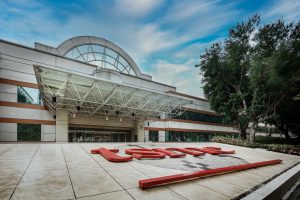Popular Keywords
- About Us
-
Research Report
Research Directory
Semiconductors
LED
Consumer Electronics
Emerging Technologies
- Selected Topics
- Membership
- Price Trends
- Press Center
- News
- Events
- Contact Us
News

According to a report from Commercial Times, Arthur Chiao, Chairman of Winbond, stated that this upward market cycle for the memory sector has arrived on time. Reportedly, customers are not worried about shortages, and all products made by Winbond will sell well all year round, boosting the momentum...
News

Recently, TSMC reportedly got approval for the land change and environmental assessment of its third 2nm plant in Kaohsiung. It is reported that the Nanzih Industrial Park in Kaohsiung City will adapt to the changing needs of the global semiconductor industry supply chain and will carry out the d...
News

TSMC's advanced CoWoS packaging capacity is in severe shortage, and just as the new plant in the Chiayi Park of Southern Taiwan Science Park began construction for expansion, according to a report from Economic Daily News citing sources, it has stated that TSMC intends to build another advanced pack...
News

On June 21, ASE Group announced that ASE Semiconductor will collaborate with Hung Ching Construction to build a K28 plant in Kaohsiung. The project is expected to be completed in the fourth quarter of 2026 and will focus on end testing of advanced packaging processes, and high-performance computing ...
News

According to a report from CNA, Taiwanese semiconductor testing and packaging giant ASE announced on June 21st that it will collaborate with Hung Ching Development & Construction Corporation to jointly build the K28 plant in Kaohsiung. Scheduled for completion in Q4 2026, the facility will repor...